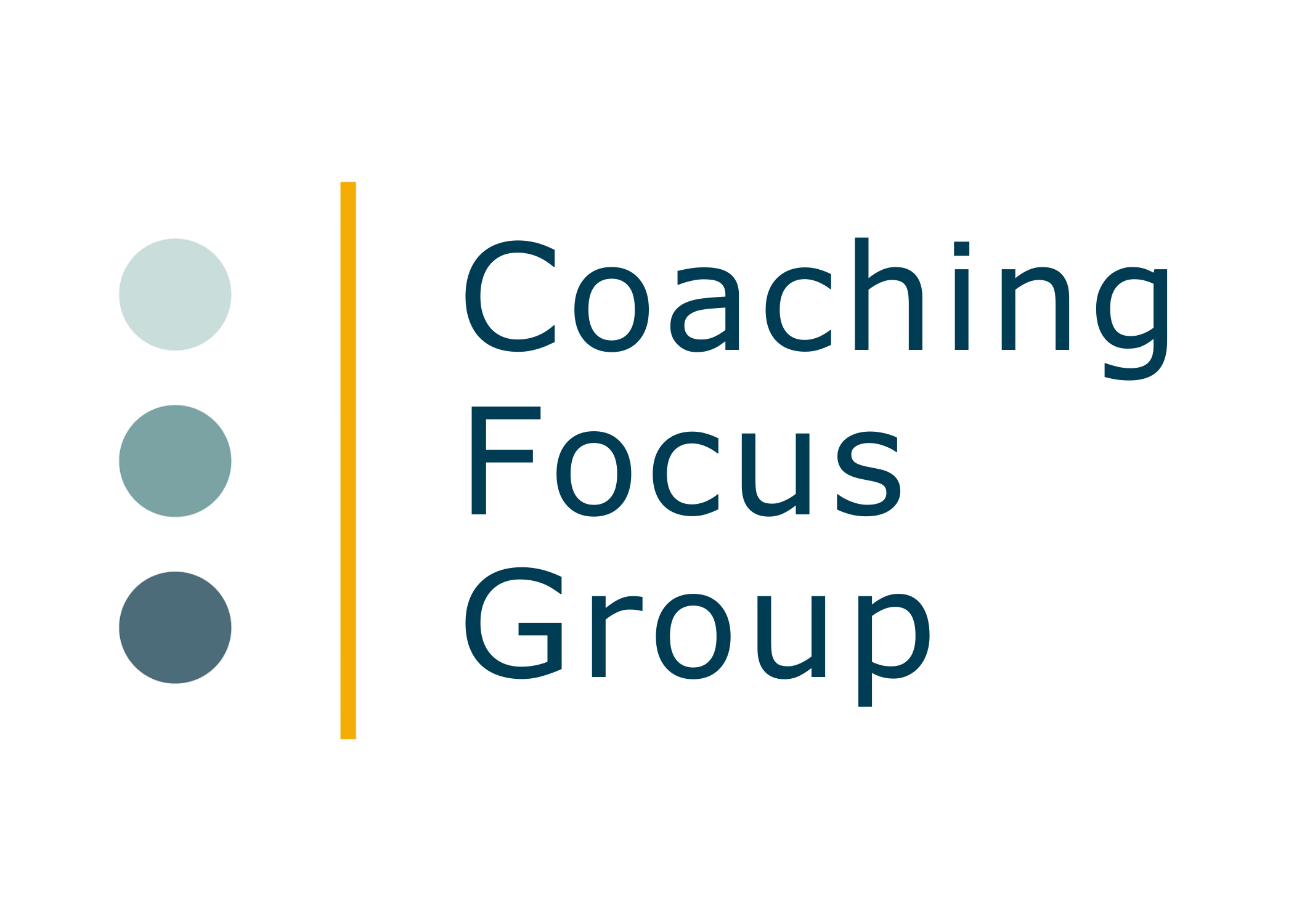By Ivan Jones | Feb 7, 2022
“The ILM 7 Coaching and Mentoring course is about making me better at helping others be better”
Most people don’t have their lives mapped out, and for those that do, unexpected changes naturally arise.
Here I am, in my fifth decade, having climbed the ranks to Lieutenant General in the Army, embarking on something new; becoming a partner in a coaching business. This meant completing the ILM Level 7 Coaching and Mentoring Course, which I started this week, was a no-brainer.
I knew the day would come, but I admit, it took months of soul searching and researching, to find my new path, which is with Coaching Focus.
Undoubtedly, my skills as a senior leader in the military, stand me in great stead to step into a coaching role. But, when changing course, there are almost always new skills to learn. And they should be wholeheartedly embraced, for the more skills and knowledge you are armed with, the more profound the impact you will be able to have.
Myles Downey, an early developer of coaching, said, “coaching is the art of facilitating the learning, development, and performance of others”; coaching is a craft and one I want to learn the skills of.
In addition to equipping participants to coach at a senior level, one of the most important elements of the course will be learning how organisations can utilise coaching as a strategic resource; very few do. Instead, coaching is more often used to develop individuals.
Everyone has their reasons for embarking on a course like this, which is the equivalent of a Master's degree and requires a portfolio of academic and practical work over built up over 18 months, so it requires a genuine commitment to being a better leader.
For me, it’s not only about understanding the craft but about improving as a person, including the way I support others.
There are verbs aplenty used to describe the qualities of senior executives and strategic leaders. But I recall six from the Harvard Business Review which describes the ability to: anticipate, challenge, interpret, decide, align, and learn.
These can, of course, be pulled and picked at depending on one’s perspective. But the reality is that as you move into strategic appointments the issues that reach you are the thorny challenging ones: those with the greatest risk, significant financial implications, or impact upon people.
Strategic leaders become good at deconstructing problems; identifying key issues; drawing on knowledge, experience and advice; and making the best decision with the information available. And it goes without saying that successful leaders make successful decisions, (most of the time), or they would not be successful.
Therein lies the danger. Such a consistent leadership approach reinforces hierarchical directed behaviour throughout organisations. People become disempowered and simply seek solutions from their superiors.
As leaders, if we wish to change the culture and create empowered environments where people take responsibility, we must lift ourselves out of the moment, and rather than demonstrate how clever we are, we must learn and embrace the skills of coaching that unlock the potential in our people. This will help them realise how brilliant they are, and how much they can achieve, both individually and in their teams. Then, coaching really does become a strategic investment to help create a better tomorrow.
So, our highest-level coaching qualification, the ILM 7 Coaching and Mentoring course is about making me better at helping others be better.
